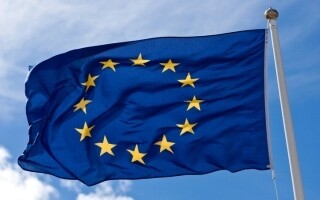
Recently, new rules for the regulation of artificial intelligence usage came into force in the European Union with the adoption of the Artificial Intelligence Act in the EU. The aim of the European Union is to react timely to potential risks and assist in the formulation of an international framework for the regulation of artificial intelligence by establishing strict rules in the early stages of technological development.
The use of artificial intelligence programs that exploit human weaknesses, such as hidden techniques or social classification of individuals for manipulation or persuasion, is prohibited, as is practiced in some countries. Some powerful artificial intelligence models, widely used in the present time, can pose systemic risks.
The mentioned law is aimed not only at protecting consumers but also at ensuring accountability for the responsible use of artificial intelligence. Providers and operators of artificial intelligence systems must ensure that the individuals involved in the development or use of such systems possess sufficient competency levels in the field of artificial intelligence.
It is expected that companies developing or using artificial intelligence must assess their systems to determine the level of risk and take necessary measures to comply with legislative requirements. Violations of obligations established by the law on artificial intelligence may result in a fine of up to 3% of the company’s revenues.
The maximum fine for the use of artificial intelligence systems for prohibited purposes is 35 million euros or 7% of the annual revenue of the company. Fines for other violations of the legislation on artificial intelligence can reach 3% of the annual revenue, and for providing false information to regulatory bodies – 1.5% of the annual revenue.














